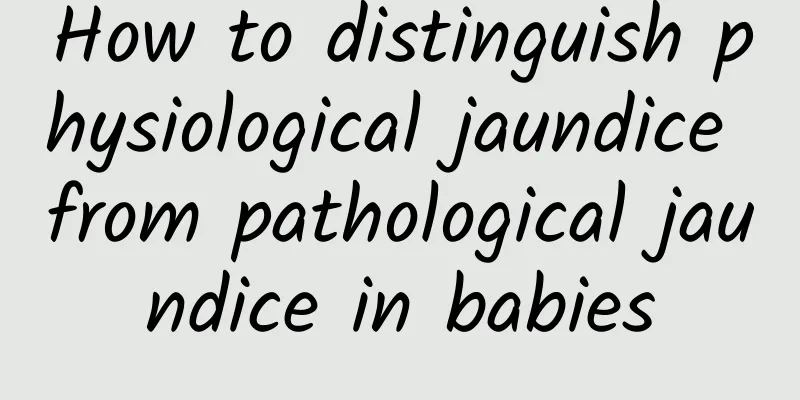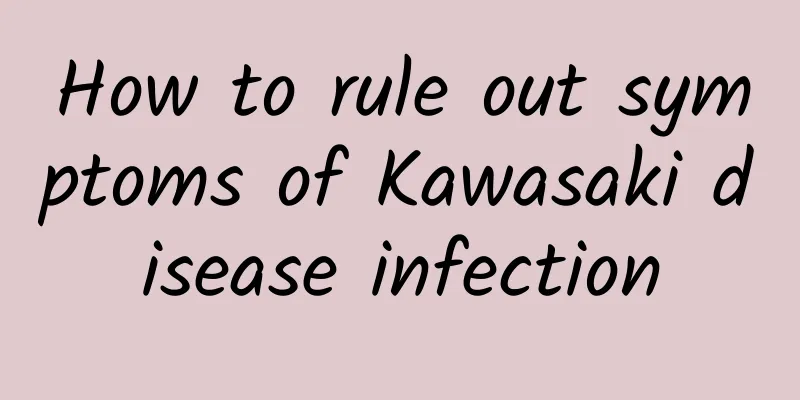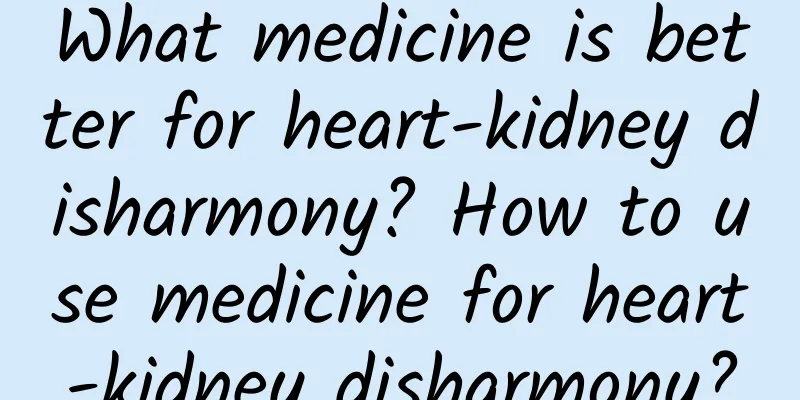How to distinguish physiological jaundice from pathological jaundice in babies

|
Basically all children are likely to have jaundice, because when we are in the mother's womb, we are actually in a state of hypoxia. The blood is supplied through the placenta, and the hemoglobin concentration in the fetus is high. Moreover, it is fetal hemoglobin, and the life span of red blood cells is relatively short. Therefore, the destruction of red blood cells increases significantly after birth, and it will cause physiological jaundice in the newborn. It is only when it exceeds our normal range that it is called pathological jaundice. So in the case of neonatal jaundice, it is related to the day the child was born. For example, if the child's jaundice does not exceed 6 mg/dL on the first day, does not exceed 9 mg/dL on the second day, does not exceed 12 on the third day, and does not exceed 15 mg/dL after more than 72 hours, we call it physiological jaundice. When it exceeds these values, we generally call it pathological jaundice. So the diagnosis of pathological jaundice, whether it is pathological jaundice or physiological jaundice, depends on the day the child was born, or even the hours the child was born. If the child begins to show jaundice two or three hours after birth, the child can basically be considered to have hemolytic disease. If the child is one month old and still has jaundice of 10 mg/dL, it is pathological jaundice. So, general physiological jaundice appears for 2 to 3 days, is at its most severe for 3 to 5 days, disappears in 7 to 10 days, and generally does not exceed two weeks. |
<<: What is jaundice 125 and how to deal with it
>>: Why does breast milk jaundice occur?
Recommend
What causes patent ductus arteriosus in infants?
Patent ductus arteriosus in infants is caused by ...
What should I do if I can’t sleep due to the pain of mumps?
What should I do if I can’t sleep due to the pain...
How to arrange diet for children with diarrhea? Four misunderstandings about diarrhea should be avoided
What are the dietary treatments for pediatric dia...
How to prevent pneumonia in children? Can using air conditioning in summer cause pneumonia in children?
As the weather gets hotter, people have to hide i...
What are the dangers of ADHD in children
What are the harms that ADHD brings to children? ...
What should I do if patients with hand, foot and mouth disease always sweat?
What should we do if patients with hand, foot and...
What kind of discomfort will children experience when they are given a patch for diarrhea? What Chinese medicine can be used to treat diarrhea in children?
Chinese medicine patch is a method of clinical Ch...
What are the methods to cure breast milk diarrhea?
What are the methods to cure breast milk diarrhea...
Daily care of acute laryngitis in children
In daily care for children with acute laryngitis,...
Jaundice and ascites are common features of liver cancer. Liver cancer examination focuses on 4 important indicators
Liver cancer is one of the most common malignant ...
What foods should children not eat when they have a cough? What are the treatments for children's cough?
Once a child has a cough, they should not eat man...
Benefits and precautions of eating mangoes for pregnant women. Will the fetus suffer from jaundice if pregnant women eat mangoes?
In order to prevent the fetus from suffering from...
What to eat for chronic cold and cough? Diet, health care and nursing for chronic cold and cough
Dietary health care and nursing for chronic cold ...
Baby eczema may be caused by these 5 reasons
The cause of baby's eczema may be related to ...
Baby hand, foot and mouth disease indigestion
If a baby has indigestion after contracting hand,...









